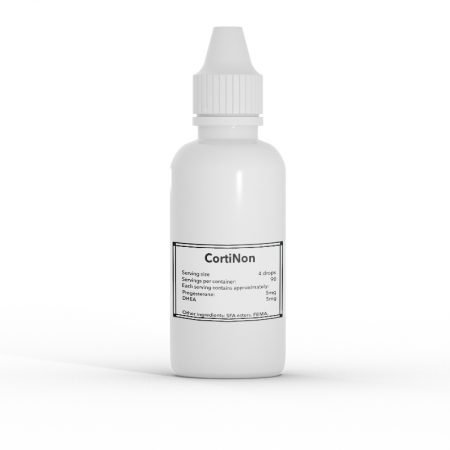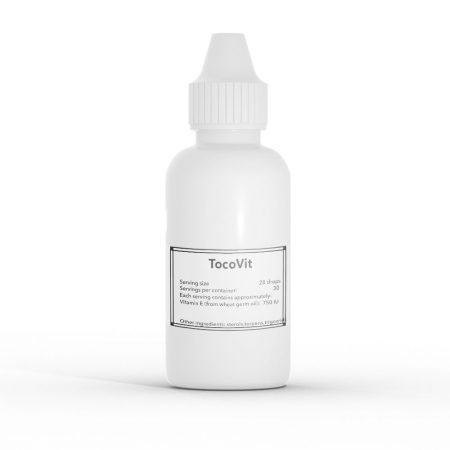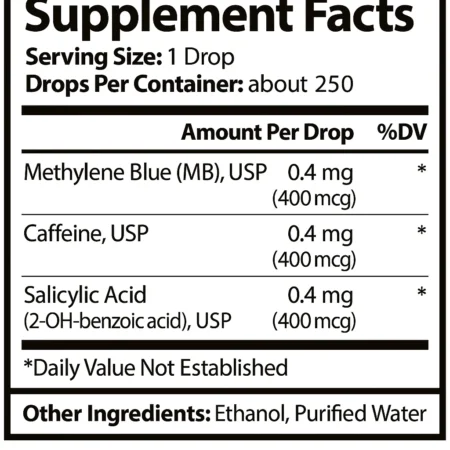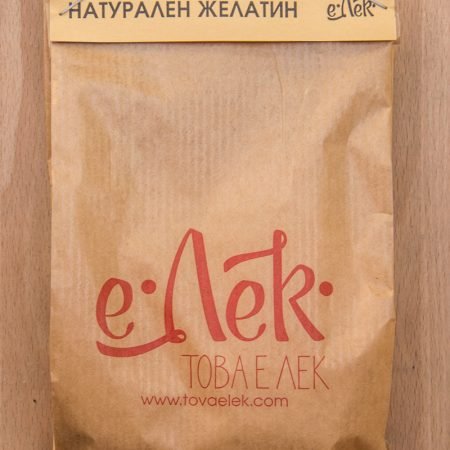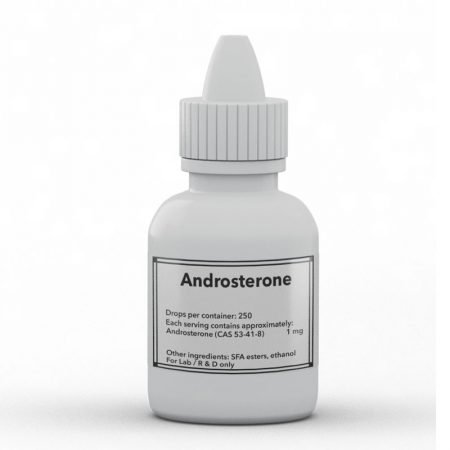Съвети на Георги Динков (Haidut) основател на Idealabs
Хашимото е болест, която обикновенно се получава от висок естроген, поради стрес или поемане на синтетични естрогени в хапчета против забременяване или от разни пластмаси в които има така наречените Estrogenic Endocrine disruptors BPA, BPS и други
Тези естрогени водят дo възпаление на житовидната жлеза и до разпадане на малки частици от тъканта, които попадат в кръвта. След като попадната в кръвта, това води до имунна реакциия и образуване на анти=тела срещу щитовидната жлеза. Повечето лекари приамат това като знак, че имунната система напада щитовидната жлеза. А всъщност имунната система само чисти отпадъчен матерял и ако щитовидната жлеза се оправи и спре да пуска частици тъкан в кръвта тази болест изчезва. Така ,че цета е да се намали или блокира нивото на естроген и да се намали нивото на поли ненаситени мастни киселини(PUFA) в кръвта , защото PUFA също действат като естроген.
Стандартното лечение за Хашимото е Т4, но това е опасно и често не работи, защото когато човек не е в добро здраве това Т4 се превръща в така наречения обратен Т3(reverse T3(rT3)), който блокира тироидния рецептор и води до още по нисък метаболизъм.
Затова лечението трябва да е или Т4/Т3 или само с Т3. Продукта на IdeaLabs – TyroMix
Който не иска взема Т4/Т3 , може да пробва с CORTINON(Idealabs) , защото прогестерона блокира естрогена, а DHEA и прогестерон качват метаболизма, като подобряват конвертирането на Т4 в Т3!
Вариант 3: коийто не иска да взема прогестерон и ДХЕА, може да пробва с по високи дози витамин Е и Д. Да речем 400 IU vitamin E и по 2,000 – 5,000 IU vitamin D на ден, както пише в статите по долу. Също така може да се ползва и аспирин, който също показва ползи при Хашимото. Ето някои стати за това
-
Calcirol – течен Витамин D3h26.59€ (52.00 лв.)
-
CortiNon – течен Прогестерон/ДХЕА миксЦенови диапазон: 41.93€ до 52.15€ (82.00 – 102.00 лв.)
-
TocoVit51.13€ (100.00 лв.)
„…Vitamin D deficiency is a global health problem, its role as an immune modulator being recently emphasized. Recent studies are increasingly suggesting that vitamin D plays a significant role in reducing the incidence and progression of autoimmune diseases. Furthermore, it was reported that patients with Hashimoto’s thyroiditis, an autoimmune thyroid disease had lower vitamin D levels [1]. We initiated a prospective study, for a period of 6 months with a study group represented by 160 patients admitted to the National Institute of Endocrinology “CI Parhon” in the period 2013 -2014. Patients were divided into 3 groups: 121 patients without thyroid pathology, 22 patients diagnosed with chronic autoimmune thyroiditis, who received 2000 IU cholecalciferol daily, 17 patients diagnosed with chronic autoimmune thyroiditis, which did not receive cholecalciferol. We found that patients with chronic thyroiditis have a poor vitamin D status with ATPO values negatively correlating with 25 (OH) vitamin D levels. Treatment with cholecalciferol not only improves vitamin D status but also lowers antithyroid antibodies titres.“
https://www.ncbi.nlm.nih.gov/pubmed/26637501
„…SUBJECTS AND METHODS:
We studied 218 HT patients, euthyroid Caucasian Cretan Greek citizens: 180 females and 38 males. Among these patients, 186 (85.3%) had vitamin D deficiency defined as serum 25(OH)D levels < 30 ng/mL. The mean age of all these 218 HT patients was 35.3 ± 8.5 years. The mean age of the 186 vitamin D deficient HT patients (173 females and 13 males) was 37.3 ± 5.6 years. The 186 vitamin D deficient HT patients received vitamin D3 (cholecalciferol, CF) orally, 1200-4000 IU, every day for 4 months aiming to maintain serum 25(OH)D levels ≥ 40 ng/mL. Anthropometric characteristics (height, weight, waist circumference), systolic and diastolic blood pressure, serum concentration of 25(OH)D, thyrotropin (TSH), free thyroxine (FT4), anti-thyroid peroxidase (anti-TPO), antithyroglobulin (anti-TG), calcium and phosphorus levels and thyroid and kidney sonographic findings were recorded and measured before and after CF administration.
RESULTS:
There was a significant negative correlation only between serum 25(OH)D levels and anti-TPO levels among all 218 HT patients. Also, anti-TPO levels were significantly higher in 186/218 vitamin D deficient HT patients compared to 32/218 HT patients with no vitamin D deficiency (364 ± 181IU/mL versus 115.8 ± 37.1IU/mL, P<0.0001). Supplementation of CF in 186 vitamin D deficient HT patients caused a significant decrease (20.3%) in serum anti-TPO levels. Although at the end of the 4 months period of the study body mass index (BMI), serum anti-TG and TSH levels decreased by 2.2%, 5.3% and 4% respectively, these differences were not significant. No changes in the sonographic findings were observed.
CONCLUSION:
The majority (85.3%) of the Greek Caucasian patients with HT studied who lived and worked in Crete had low serum 25(OH)D levels inversely correlated with serum anti-TPO thyroid antibodies. After 4 months of CF supplementation in the 186 HT patients with vitamin D deficiency, a significant decrease (20.3%) of serum anti-TPO levels was found. These findings suggest that vitamin D deficiency may be related to pathogenesis of HT and that its supplementation could contribute to the treatment of patients with HT.“
-
Calcirol – течен Витамин D3h26.59€ (52.00 лв.)
-
CortiNon – течен Прогестерон/ДХЕА миксЦенови диапазон: 41.93€ до 52.15€ (82.00 – 102.00 лв.)
-
TocoVit51.13€ (100.00 лв.)



